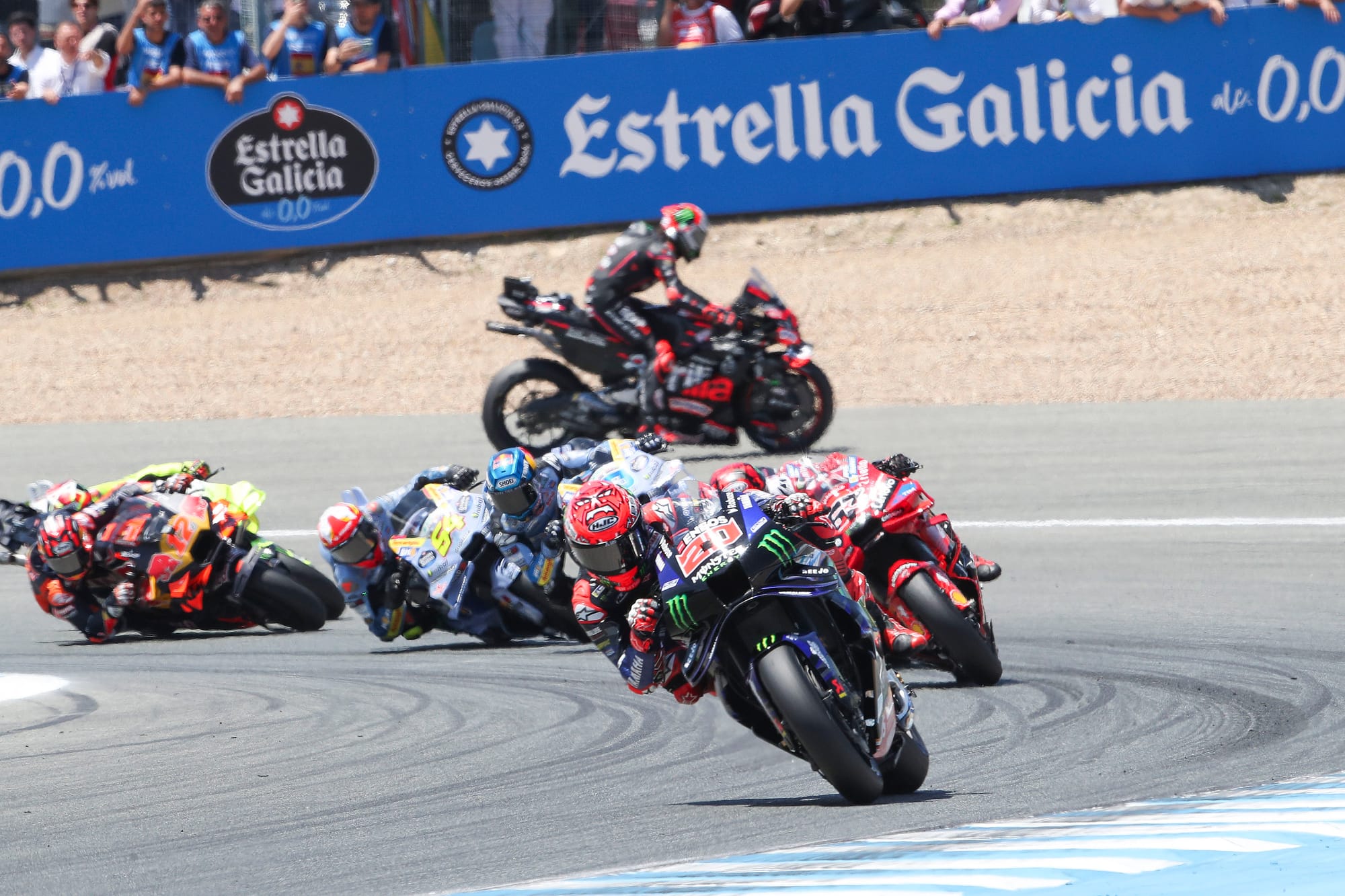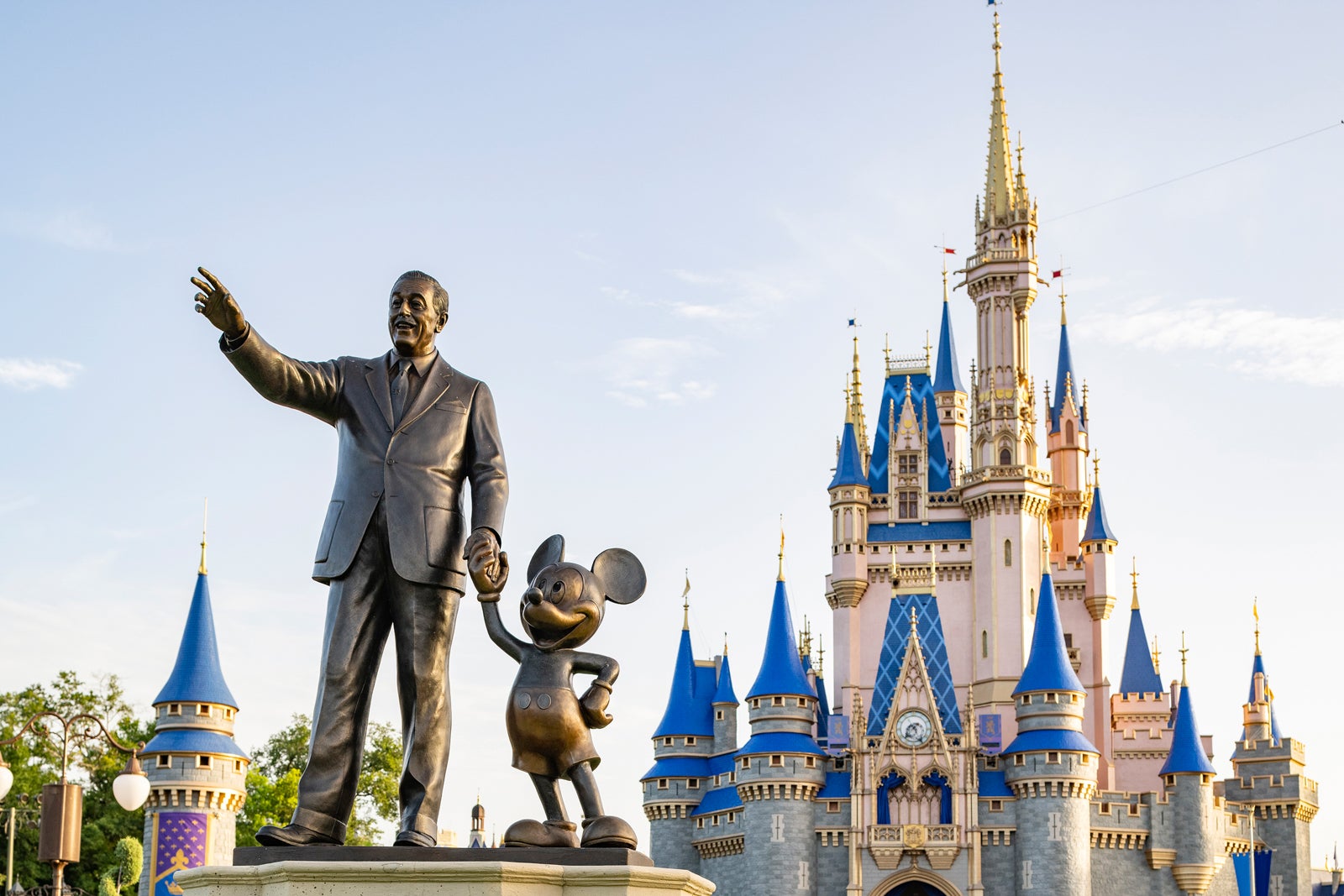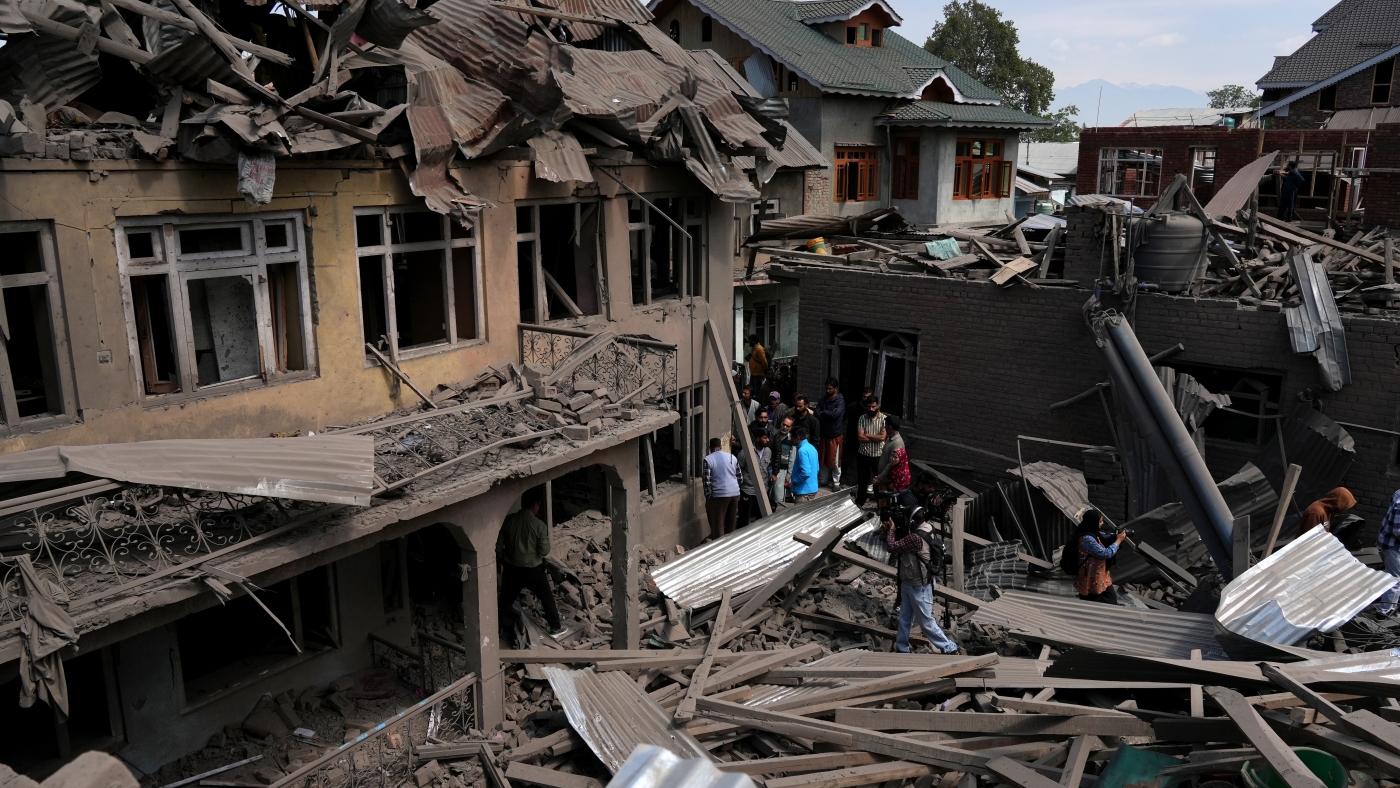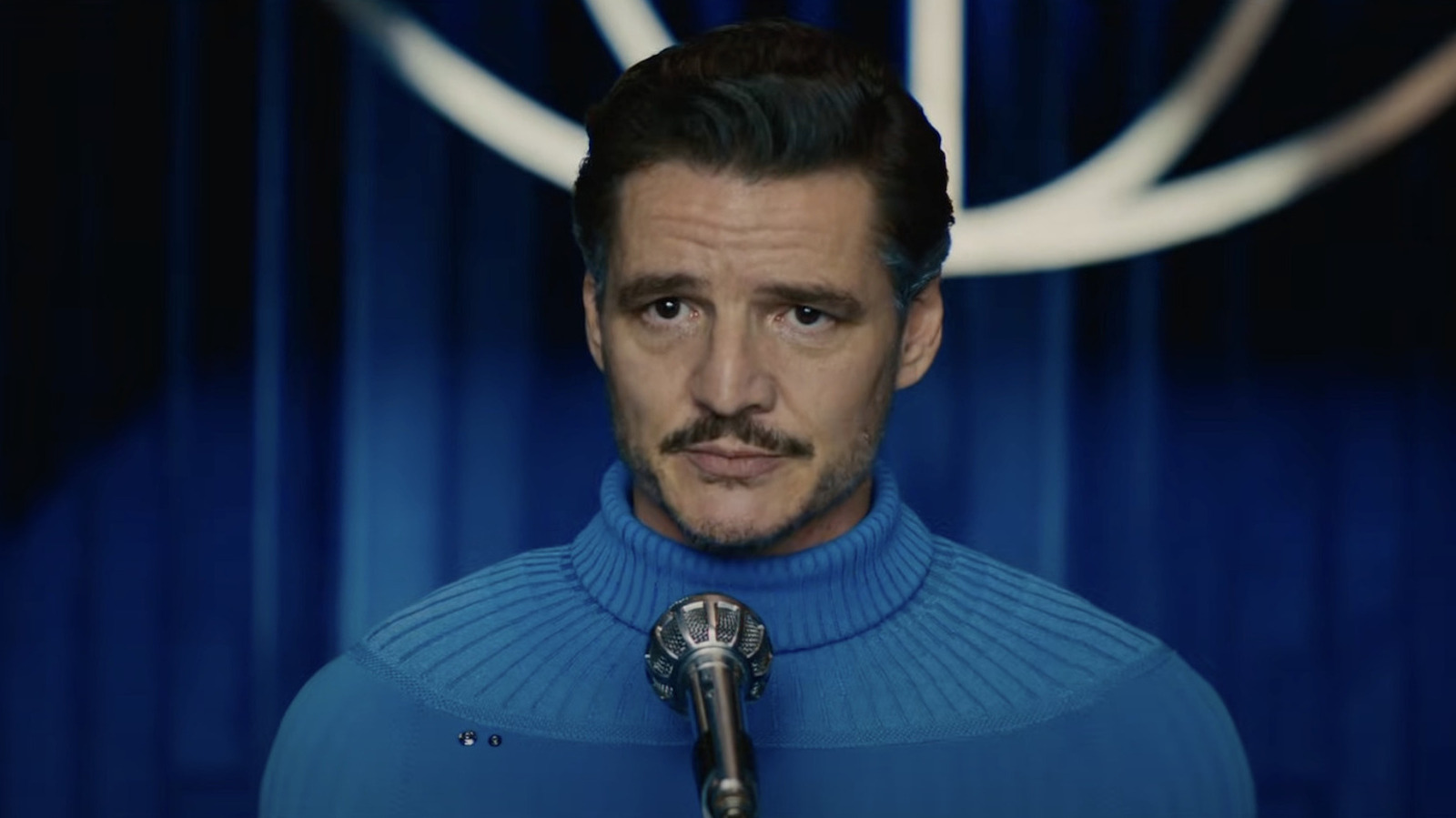Books I’ve just read or am reading (and soliciting suggestions)
Yes, the news is thin today, and I will let other people rail about Trump, as I’ve done my share in the last week or so. Instead, how about a happier topic: books? I have just finished two books and, as I’ve said, I’m reading another. I am glad to say I can recommend them … Continue reading Books I’ve just read or am reading (and soliciting suggestions)

Yes, the news is thin today, and I will let other people rail about Trump, as I’ve done my share in the last week or so. Instead, how about a happier topic: books? I have just finished two books and, as I’ve said, I’m reading another. I am glad to say I can recommend them all for your consdieration.
The first one was Walter Isaacson’s 2004 biography of Benjamin Franklin, which you can find on Amazon, with the long (586 pp.) paperback now only $6.66 (Satan’s number). Click cover to go to the site:
I don’t know how Isaacson manages to pump out these long biographies, which are packed with research and scholarship (though written very well), so quickly. But he does. I’ve read two of his before: his biographies of Steve Jobs (2011) and of Leonardo da Vinci (2018). Both were good, but the biography of Leonardo I think is a world-class piece of writing. If you must read one of these, start with that. Isaacson clearly has a penchant for very smart men, preferably polymaths like Franklin and Leonardo. But I note that he’s also written a biography of Albert Einstein (2008); I haven’t read that one because I’ve read about three other biographies of the man.
You can get all four as a set of “The Genius Biographies” for $51, and that’s over 2000 pages of enjoyment and education.
Like Leonardo, Franklin was also a polymath: he “discovered” and worked out the properties of electricity, helped write both the Constitution and the Declaration of Independence, invented bifocals, set up the American postal system, and founded the University of Pennsylvania. As a superb diplomat, he helped bring an end to the Revolutionary War on favorable term for America, and also served as what then constituted the governorship of Pennsylvania. Moving back and forth between the U.S. and France, as well as throughout America, his travels equipped him well to contribute to founding documents that all our colonies were able to sign.
Further, Franklin was a humble man, dressed in ordinary garb, not foisting himself on others, largely free from arrogance, and trying to live by his famous 13 “necessary virtues” he compiled when young. He largely succeeded in living up to those standards, though he was a bit wobbly on “temperance”, winding up with gout as well as kidney stones. Yet despite his ill health in later life, he was the prime mover in the Treaty of Paris (1783), requiring delicate skills at negotiating simultaneously with France, the nascent U.S., and Britain. The only palpable flaw that I could detect in him was his gross neglect of his wife, whom he left for 14 of the last 17 years of his life, and was not there when she died. Franklin himself had a long life, expiring at 84.
I’d recommend this highly, especially if you know little of Franklin. You’ll be impressed at his scientific skills: though he wasn’t a theoretician, he was great at thinking up hypothesis and good at testing them. Its length makes it a good book to take on a trip, but if you haven’t read his biography of Leonardo, start with that one.
*********************
I’ve read quite a few books on the Holocaust, but this one, byJózsef Debreczeni, may be the best, outstripping even the famous books of Primo Levi and Elie Wiesel (Night and If This Is a Man) . Up until recently, however, it was obscure, and, though written in 1950, it was available only in Hungarian, and wasn’t translated into other languages, including English, until 2023. I believe a reader suggested it in an earlier “books” post on this site. Click below to find it at Amazon:
What makes this book different from those of Wiesel and Levi is, curiously, its lack of analysis and of philosophizing. Night is also semi-fictional, so you can’t tell which episodes were made up, though it’s largely true. In contrast, Cold Crematorium merely describes what happened to Debreczeni in the Lager: what life was like as inmate in three different concentration camps, including Auschwitz. He was in the camps for only about a year, but that was nearly enough to do him in. From Wikipedia:
The winter of 1944–1945 was harsh, with heavy snows and extreme temperatures. [Dobreczeni] contracted diarrhea, and by January 20 he weighed 35 kg (77 lb). Thanks to a friend who brought him extra food, he survived. He subsequently contracted typhus but survived with the help of a camp doctor. Soviet forces liberated the camp in May 1945, and he recovered at a Soviet hospital.
I cannot begin to describe how grim the life in the camps was, especially at Auschwitz, but he doesn’t spare the reader the gory details. One of them: everyone constantly had diarrhea because of the diet of soup made with polluted water and almost no contents, and because the “toilet man” with the bucket didn’t come around fast enough, everything was covered with shit, which eventually piled up on the floor above the ankles. The intricate way prisoners developed a black market in food and tobacco to survive is amazing.
I like this book because, more than the other books, it’s just a graphic and un-fictional presentation of day-to-day life in a concentration camp. This shows you how horrible the Holocaust really was, and how inhumane were the people who engineered and implemented it. It doesn’t discuss whether all of us have the potential to become Nazis, and doesn’t go into depth about how the Holocaust affected the author after he was liberated. The book simply ends with the liberation. One trigger warning: it is very graphic and disturbing, but also the only book I know that makes you see what it was like to be an inmate.
*********************
Finally, I am 110 pages into the book below, which I mentioned a few days ago (click cover to go to Amazon site). I recommend it, at least what I’ve read of it so far. It’s an analysis of cancel culture by two employees of FIRE (Schlott is also a journalist). As I said the other day,
This extremism and demonization is in fact the subject of a good book I’m reading now: Greg Lukianoff and Rikki Schlott’s The Canceling of the American Mind , which takes up Great Untruth #3 of Haidt and Lukianoff’s earlier bestseller The Coddling of the American Mind (2018). Let me remind you of all three of those Untruths whose embrace by the young is, Haidt and Lukianoff argued, responsible for a lot of turmoil, divisiveness, and rancor on and off campus:
1.) What doesn’t kill you make you weaker
2.) Always trust your feelings
3.) Life is a battle between good people and evil people.
It’s a lot like Lukianoff’s talk that I heard in Los Angeles a couple of months ago, recounting horrific tales of cancellation coming from both the Right and the Left. Right now I’m reading about those instances, and haven’t yet encountered the authors’ solutions, which come at the end of the book. We all recognize divisive nature of politics (and life!) in America, as well as the fact that for many, the validity of social/political arguments now seems to rest largely on whether the person who makes them is on your side (“good”) or not (“bad”). I’ll give an overall assessment when I’m done.
Now it’s your turn to tell us what you’re reading or what you’ve read lately, preferably dwelling on books you’d recommend. I’ve found many good books by following readers’ suggestions, and so I hope to make this a regular feature. Put your readings in the comments!












































































/https://tf-cmsv2-smithsonianmag-media.s3.amazonaws.com/filer_public/83/58/8358cca9-d0a9-4655-b39a-6d73109b730d/main_ancientelephants-v1.jpg?#)
